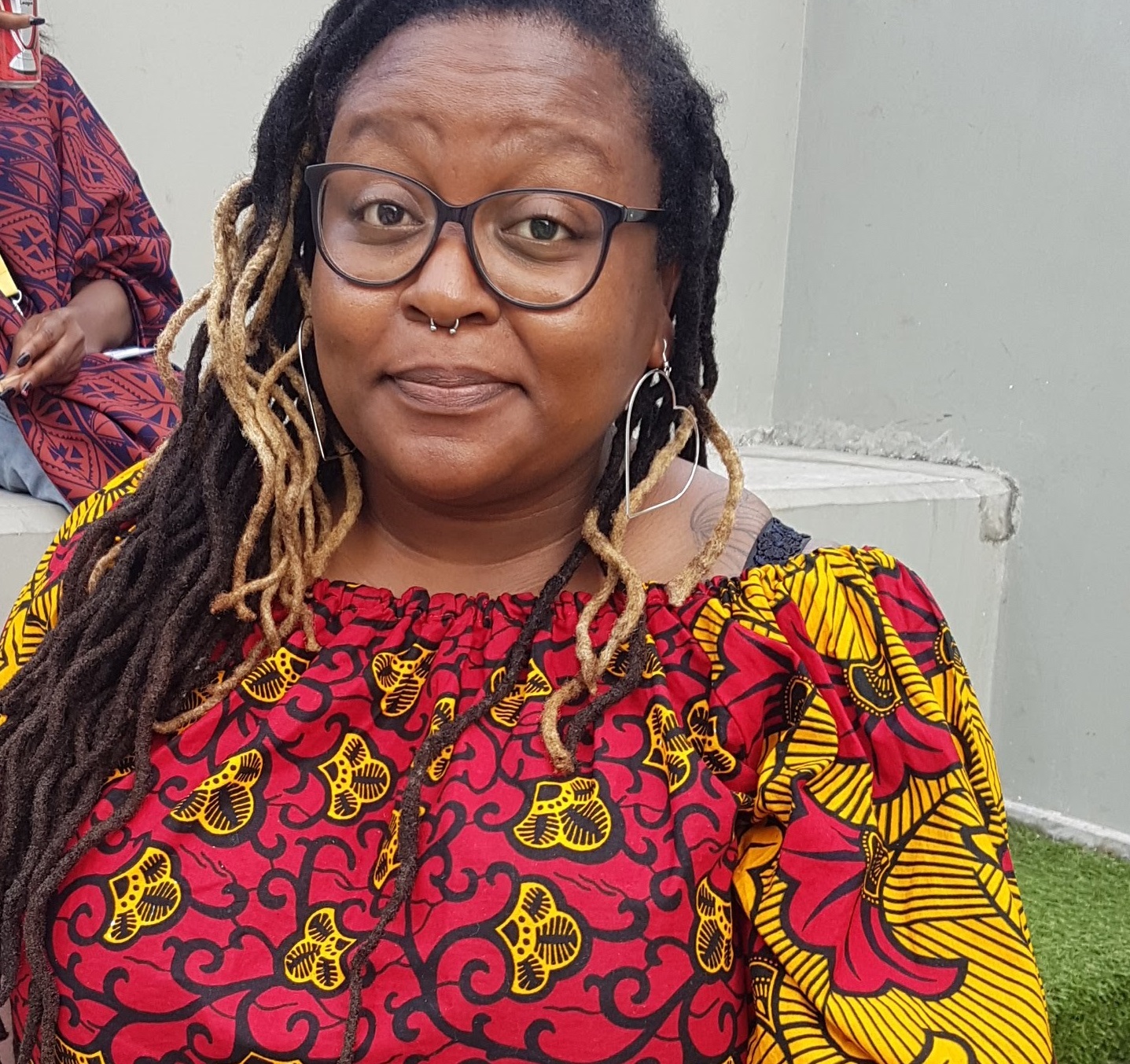
Ultimately, the protagonist has no choice but to explore her past. The juxtapositioning of strength and vulnerability is foreshadowed by the book’s striking cover design: it bears the image of a woman’s eye staring directly at the camera with a steadfast, determined gaze that, simultaneously, renders her vulnerable. Despite (or perhaps because of) the intervention of a psychiatrist, Marubini’s strange experiences persist, prompting a process of determined questioning about the past that leaves her emotionally exposed and vulnerable. Mashigo furthermore explores the relationship between psychiatry and spirituality.

Here, the author skillfully depicts the feelings of isolation that compound the suffering of those with mental ill health, and their need for meaningful engagement and empathy. She wakes with bandaged wrists, unable to explain the cause of the lacerations - attempted suicide is suspected - and her family and friends become wary of her mental state. On one occasion a particularly menacing visitation manifests in a seizure that renders Marubini unconscious for two days. A series of strange events begins with the glimpse of something not-quite-seen out of the corner of her eye as she works quietly at home one evening, a dark and ominous presence that threatens her equilibrium and has her questioning her sanity. As these episodes become more persistent it is impossible to brush them aside merely as symptoms of work related stress.

Until uncanny experiences begin to unsettle and disrupt her contentment. Marubini appears to be a thoroughly modern and emancipated, 21 st century South African woman: successful in her marketing career, confident in her sexuality and her relationship, and happy in her friendships, she is enjoying life. However, within the 185 pages of the novel, which is divided into five sections, Mashigo, the author, systematically introduces the protagonist’s latent longings, searches for their origins, and proposes their satisfying resolution. Yet the nature and object of these feelings of longing are not explained at the outset, and she, herself, is initially unaware that there are hidden desires and traumas submerged in the deep recesses of her psyche. ‘Yearning’- with a capital ‘Y’- is central to Marubini’s tale.

Marubini Khumalo tells the story of how she comes to learn about the secrets of her own past in order to embrace a deeper meaning of life. It is a tale of trauma revisited, not only her own trauma, but also that of her family and her community. “The Yearning never stops till we embrace everything that brought us here. In our quiet denial, The Yearning devours us,” explains the narrator and protagonist at the beginning of Mohale Mashigo’s novel, The Yearning (2016).


 0 kommentar(er)
0 kommentar(er)
